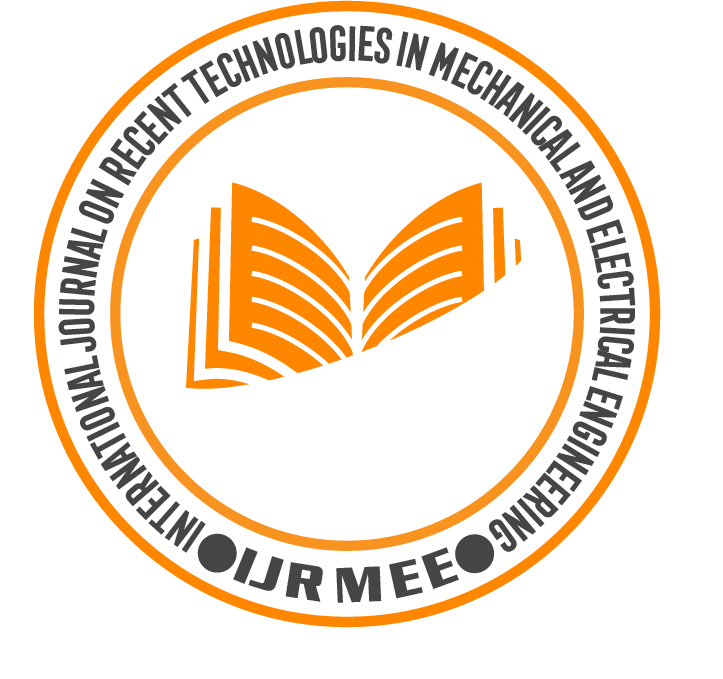Effect of Weld Speed or Feed Rate and Rotational Speed on Two Dissimilar Metals Al-6063 and Al-7071 During Friction Stir Welding
Main Article Content
Abstract
Friction stir welding (FSW) is a solid state welding process invented in 1991 by Wayne Thomas at The Welding Institute (TWI), Cambridge, United Kingdom. The process was initially developed for aluminium alloys, but since then FSW was found suitable for joining a large number of material. Since the last two decades it has been a subject of great deal of interest. We studied about result and behavior of different material welded i.e. Al- 6063 and Al- 7071 by performing different-different test. In FSW parameters play an important role like tool design and material, tool rotational speed, welding speed and axial force. Hence the material was welded with the combination of different welding parameters i.e. tool rotation speed (2300 rpm,4600 rpm,3080 rpm) and the feed rate(30 mm/min, 20mm/min and 40 mm/min). It could be observed from the different tests (tensile, impact, and micro hardness test) performed that the maximum value of tensile strength and impact strength is 318.9 MPa and 27.3 joule respectively. The important benefits of FSW compared to fusion processes are low distortion, excellent mechanical properties in the weld zone, execution without a shielding gas, and suitability to weld all aluminium alloys.
Article Details
How to Cite
, A. C. S. P. S. (2015). Effect of Weld Speed or Feed Rate and Rotational Speed on Two Dissimilar Metals Al-6063 and Al-7071 During Friction Stir Welding. International Journal on Recent Technologies in Mechanical and Electrical Engineering, 2(8), 71–73. Retrieved from https://ijrmee.org/index.php/ijrmee/article/view/296
Section
Articles
